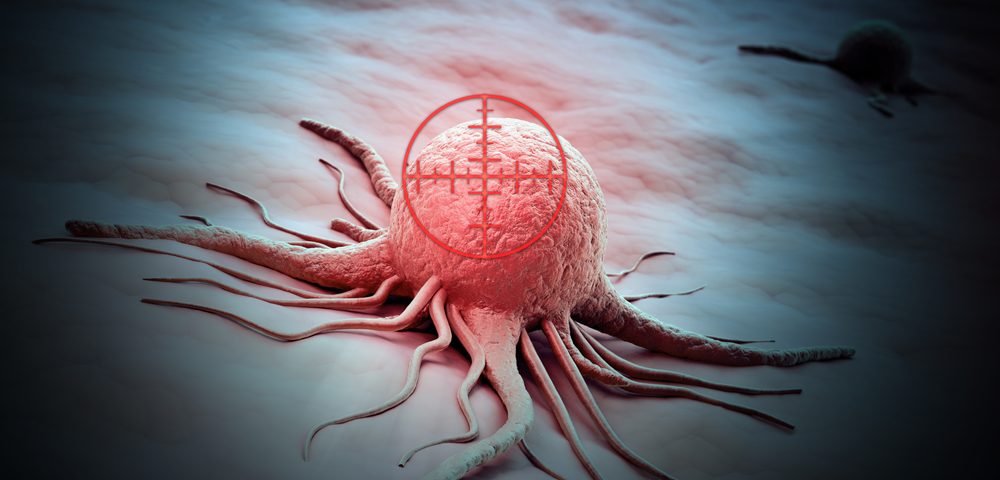A molecular pathway that promotes prostate cancer growth and resistance to anti-cancer therapy was identified in a new study. This finding could help design therapies targeting the molecular components of this pathway, which may become valuable options for patients with resistant prostate cancer.
The study, “A Constitutive Intrinsic Inflammatory Signaling Circuit Composed Of miR-196b, Meis2, PPP3CC, And p65 Drives Prostate Cancer Castration Resistance,” was published in the journal Molecular Cell.
Currently, the most efficient treatment for patients with advanced prostate cancer consists of depriving cancer cells of hormones, such as testosterone, which they need to survive and multiply. However, nearly all patients end up developing resistance to this treatment, which, given the lack of better options, leaves them with few alternatives.
But scientists at The Scripps Research Institute in Florida identified a molecular pathway that seems to be involved in prostate cancer growth and resistance to treatment. This pathway, which is permanently active and has the ability to continually activate itself, is composed of several molecules, including the protein complex IκBα/NF-κB (p65).
The IκBα/NF-κB complex controls the production of proteins in cancer cells, thereby supporting their survival and growth. Indeed, the NF-kB protein is known to contribute to cancer development and has been considered an important target for therapy. But this protein also has relevant roles in healthy cells, so therapies based on its direct inhibition may lead to undesired side effects.
The pathway also includes the microRNA miR-196b-3p and the proteins Meis2 and PPP3CC. While miR-196b-3p promotes tumor development, increased levels of Meis2 disrupt this signaling circuit and PPP3CC inhibits NF-κB activity in prostate cancer cells.
According to Jun-Li Luo, lead researcher for the study, it is possible that therapies that target these components may inhibit NF-κB activity and cancer survival in a safer way than by targeting NF-κB directly, as its activity can remain unchanged in normal prostate cells.
“Disrupting this circuit by targeting any of its individual components blocks the expression of these transcription factors and significantly impairs therapy-resistant prostate cancer,” said Ji-Hak Jeong, the study’s first author, in a news release.

